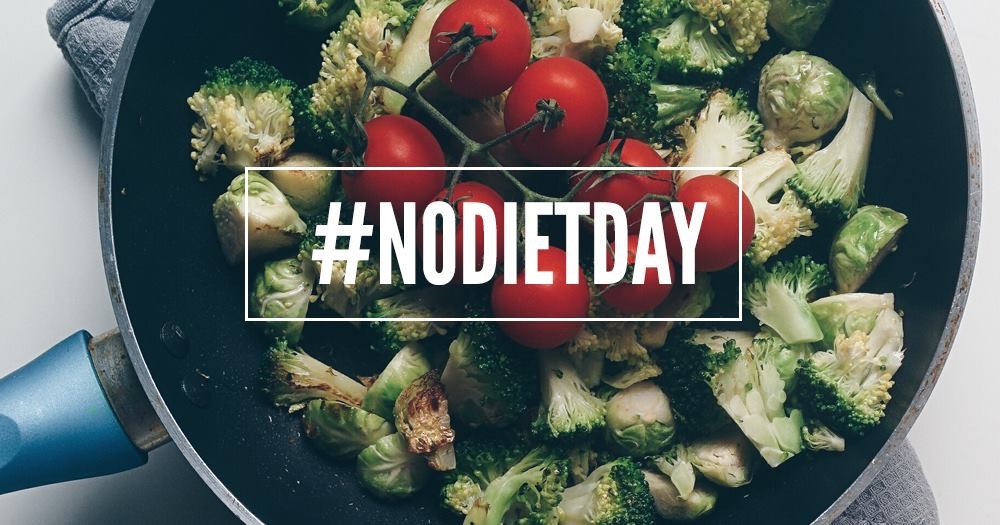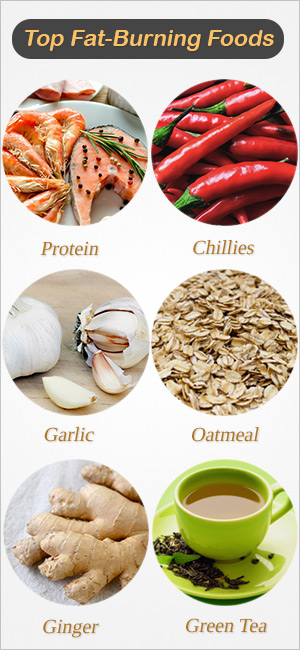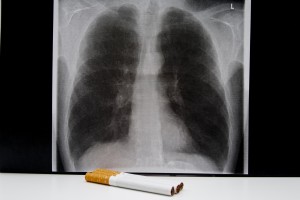When the Going Gets Tough, the Calorie Counts Get Higher
If you are trying to lose weight, or are just trying to maintain a healthy weight, you might want to avoid reading the financial news. A new study published in Psychological Science (a highly-ranked journal of the Association for Psychological Science) indicates that hearing bad news about the economy causes people to eat more high-calorie foods. The researchers found that when people have been subconsciously primed with the perception that "times are tough," they tend to develop a "live for today" attitude and seek high-calorie foods that will keep them satisfied for longer periods of time.
When you抳e been primed to think about adversity, do you crave more calories or fewer?
 Juliano Laran, a marketing professor at the University of Miami School of Business Administration, and his research assistant Anthony Salerno, performed an experiment to answer this question. In the study, subjects were invited to participate in a taste test for a new type of M&M candy. Half of the subjects were given bowls of M&Ms and told that they were low-calorie. The other half were given a similar bowls of M&Ms but were told that they contained a new secret ingredient that made them high-calorie. In reality, there was no difference between the two bowls, and the contents were no different than the regular M&Ms that you could buy in a store. The difference was in the environment ?at times the subjects were sitting in a room decorated with neutral posters, and at other times they were sitting in a room decorated with posters that showed words and images suggesting struggle and adversity.
Juliano Laran, a marketing professor at the University of Miami School of Business Administration, and his research assistant Anthony Salerno, performed an experiment to answer this question. In the study, subjects were invited to participate in a taste test for a new type of M&M candy. Half of the subjects were given bowls of M&Ms and told that they were low-calorie. The other half were given a similar bowls of M&Ms but were told that they contained a new secret ingredient that made them high-calorie. In reality, there was no difference between the two bowls, and the contents were no different than the regular M&Ms that you could buy in a store. The difference was in the environment ?at times the subjects were sitting in a room decorated with neutral posters, and at other times they were sitting in a room decorated with posters that showed words and images suggesting struggle and adversity.
The researchers?hypothesis was that the latter room would subconsciously prime the subjects to think about adversity and tough times, and that turned out to be the case. The subjects sitting in the "adversity" room ate almost 70 percent more of the "high-calorie" M&Ms than the "low-calorie" M&Ms, while those sitting in the neutral room did not eat significantly different amounts of either one. When the subjects who had been primed with "tough times" messages were then told that their M&Ms were of the "low calorie" variety, they ate 25 percent less of them.
As Laran explained the results, "It is clear from the studies that taste was not what caused the reactions, it was a longing for calories. These findings could have positive implications for individuals in the health care field, government campaigns on nutrition, and companies promoting wellness. And, certainly beware of savvy food marketers bearing bad news."
The study findings have potentially negative implications, too
On a national level, we might expect marketing firms that learn of these study results to start advertising their high-calorie junk food products on TV shows like "Revolution" (an after-the-apocalypse tale just full of struggle and adversity). On a more personal level, those of us who are trying to lose weight might be well advised to not only watch what they eat, but watch what they watch on TV and the media.
As Laran says, "The findings of this study come at a time when our country is slowly recovering from the onslaught of negative presidential campaign ads chalked with topics such as the weak economy, gun violence, war, deep political divides, just to name a few problem areas. Now that we know this sort of messaging causes people to seek out more calories out of a survival instinct, it would be wise for those looking to kick off a healthier new year to tune out news for a while."
So if you抮e on a diet, add one more item to the list of things to avoid ?the Nightly News. Watching it may be detrimental to your waistline.
-
Burn it Off Now
Burn it off now is the mindset of almost everyone in the gym and al
-
Ladies - You Dont Need To Become Larger and Heavier
Despite your desire to be slim and trim
-
People can learn to like healthy foods, brain scans suggest
A small study using brain scans suggests the addictive power of u
-
You are WHEN You Eat
Everyone knows that in order to lose weight you have to eat the rig
-
Why Do Athletes Use Ephedra
You are probably familiar with the weight loss connection with the eph
-
This Simple Diet Trick Will Make All the Difference to Your Progress
Fad diets, hacks and other diet strategies that attempt to cut corners
- DON'T MISS
- 16 Surprising Sources of Protein
- Healthy Living - The Best Ways of Fighting Obesity
- Your Exercise May Be Causing You to Overeat!
- Weight Loss Why An Exercise Plan Is The Trick
- Lose Weight The Healthy Way
- Effectiveness Of Weight Loss Programs
- Be Successful In Your Effort To Lose Weight
- The Top 7 Guiding Principles to Extraordinary Weight Loss in 7 Days
- What Everybody Ought To Know About Doctors, Diets And Weight Loss
- Sugar Substitutes And Weight Gain: Perfect Combination




